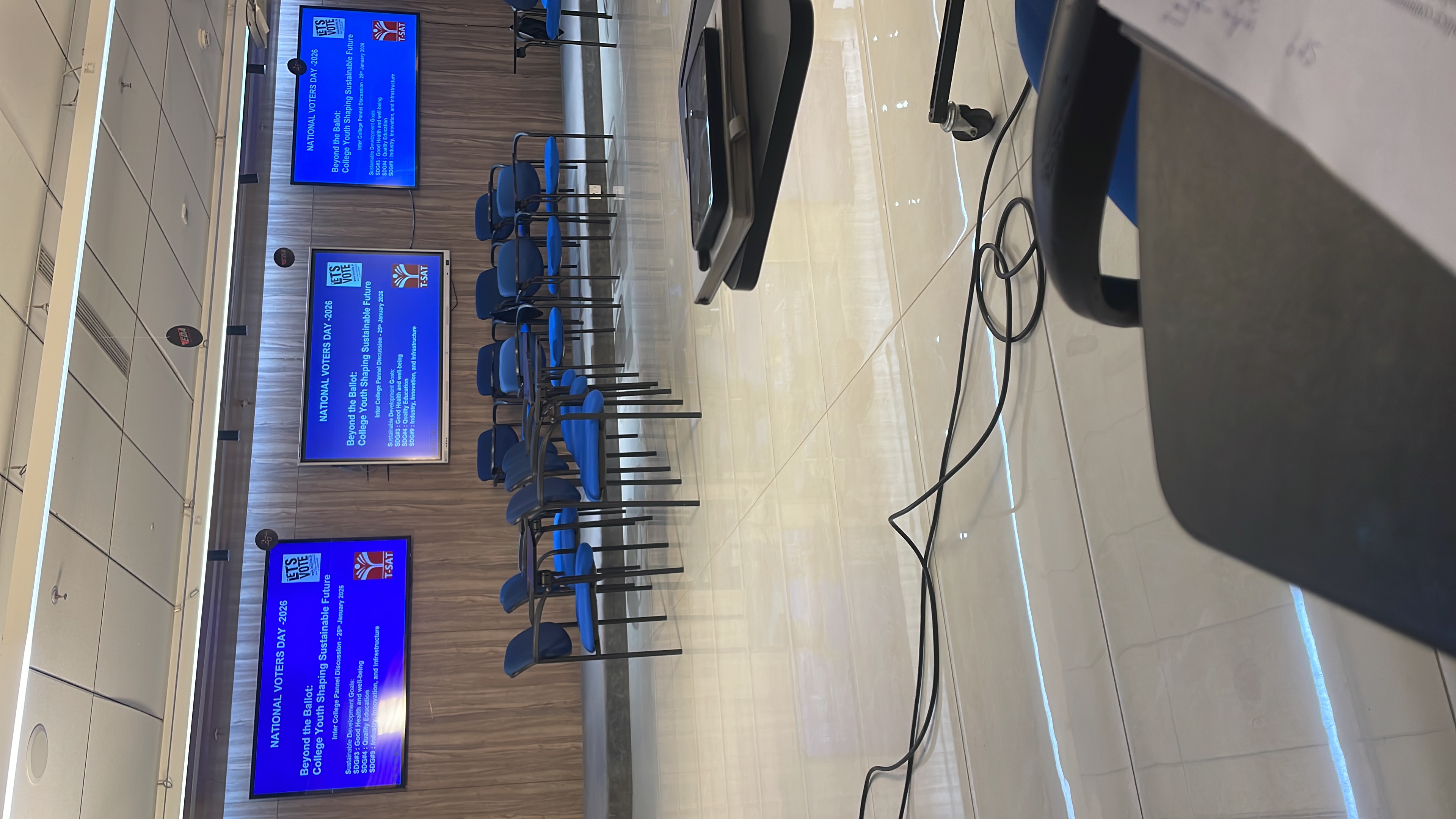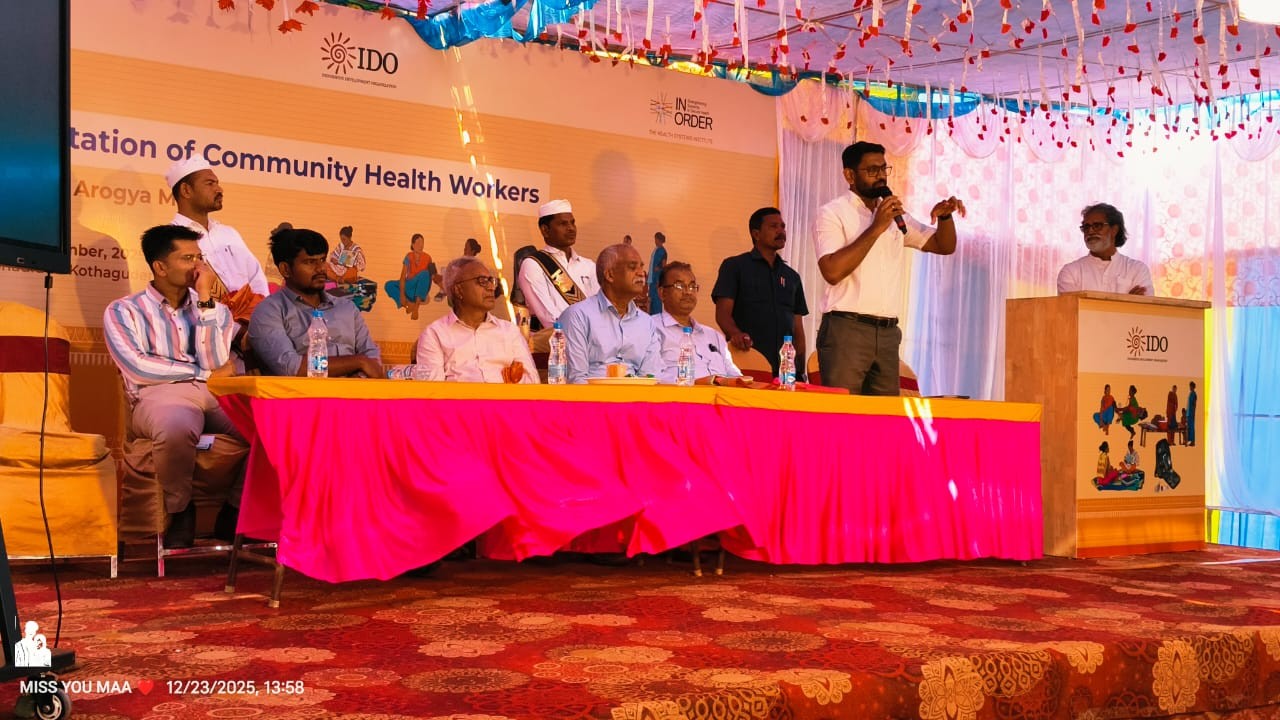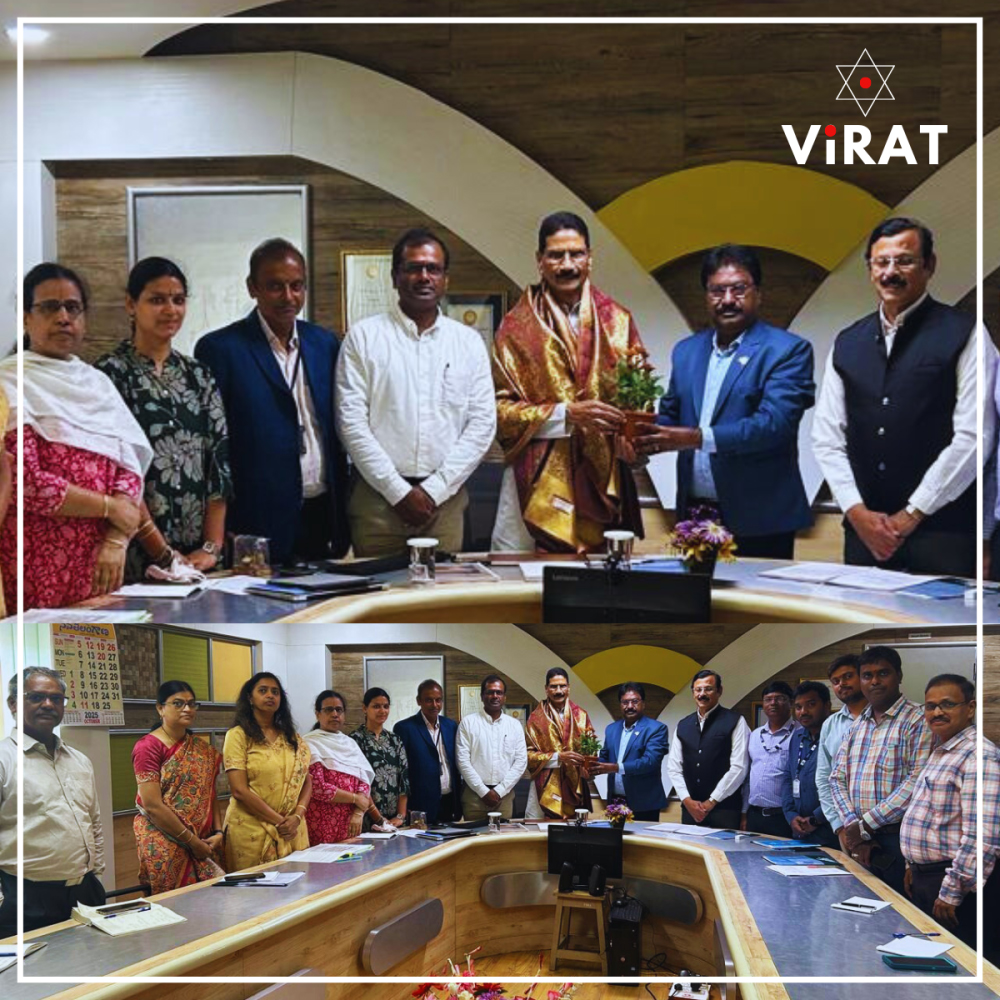VIRAT Integral Research and Development Foundation (VIRAT) is a Section 8 Company, an independent, and non-partisan Think Tank. The VIRAT endeavors to advance scholarship, conduct policy-oriented scientific research, and build capacity on issues of strategic interest and importance to the well-being of humanity, both within India and globally.
VIRAT operates by a Dharmic principle of Vaiśeṣika Sūtra 1.1.2., यतो अभ्यदयु निःश्रेयस सिद्धिः सः धर्मः र्मI (Yato Abhyudaya Niḥśreyas Siddhiḥ sa Dharmaḥ) — which defines Dharma (righteousness) as that which facilitates to both Abhyudaya (material well-being) and the Nishreyas (the highest good). It is a thought of integration between Vayshti (individual), Samasti (Collective), Srishti (creation), and the Parameshti (divine). This dual imperative serves as the ethical and operational framework for VIRAT.VIRAT's policy-oriented research—spanning wellbeing, sustainability, resilience, leadership, and governance—is aligned with Abhyudaya (prosperity) and Nishreyas (highest good).
News and Updates

A study on the once flowing perennial river now losing its flow to major reasons of human activity.

Throughout our civilizational journey, tribal communities have remained the most resilient custodians of culture, biodiversity, and ecology. Their value-based living and societa...

VIRAT Integral R&D Foundation team attended an invited session on ‘Review of T. Hanumanth Rao’s Four Waters Concept for Ultimate Water Security’ at the Engineering Staff College...
Find answers to common questions about VIRAT and our work.